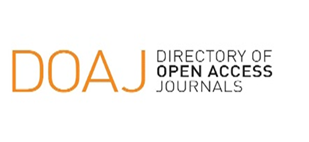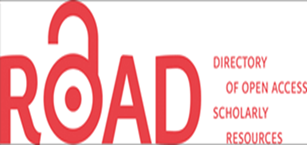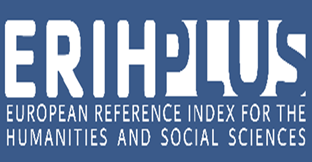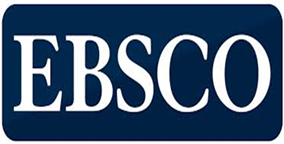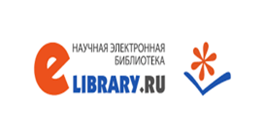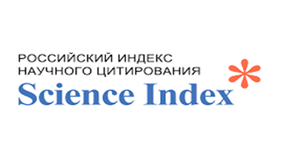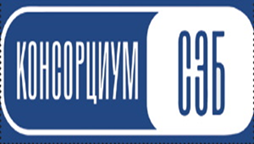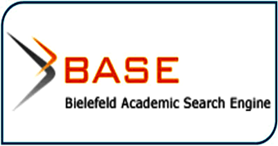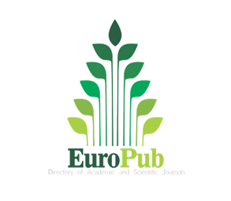Ethnocultural features of Alikhan Bukeikhan’s translations
Views: 358 / PDF downloads: 497
DOI:
https://doi.org/10.32523/2664-5157-2023-2-122-137Keywords:
Alikhan Bukeikhan, son of the steppes, ethnocultural feature, translation, adapted translation, accurate translation, adequate translation, pragmatic adaptation, translator.Abstract
The article deals with the features of Alikhan Bokeikhan’s translations. On the basis of similarities and differences of the first translation samples of Y. Altynsarin, A. Kunanbayuly of the second half of the XIX century and A. Bokeykhan’s translations of the beginning of the XX century, continuity of traditions of translation are revealed. The general character and peculiar ethno-cultural features of the translations of the ‘son of the steppes’ are determined. By comparative analysis of the original and translated texts, the reasons for choosing the type and method of translation are revealed. The secret of creative freedom in translation, the nature of the translation experience are comprehensively revealed in accordance with the goals and objectives of the creative person that
prompted him to choose translation method. The general position in the translations of Russian language literature by A.Bokeikhan and A.Baitursynuly and translators of the beginning of the XX century, as well as their contribution to the formation of native translation studies as a special branch, as a profession and specialty are considered in close interrelation. The article analyzes and evaluates the state of the history of Kazakh translation studies at the beginning of the XX century, its periodicity based on the translations of a prominent representative of the Alash intelligentsia, Alikhan Bukeikhan, who was systematically engaged in translation activities and worked fruitfully at that time. The article concludes on the basis of the fact that the son of the steppes is not only a master of accurate translation, but also a skilled translator who rationally used the method of text presentation in his translation activities, taking into account linguoculturology and pragmatics, as well as the peculiarities of national culture and the socio-cultural level of Kazakh society of the early ХХ century.
Downloads
Reference
Altynsarin I., 1906. Kirgizskaya hrestomatiya. [Kyrgyz Anthology]. İzdanie vtoroe i dopolnennoe. Orenburg, Tipografiya Breslina. 155 p. [in Russian].
Altynsarin I., 1879. Kirgizskaya hrestomatiya. [Kyrgyz Anthology]. Orenburg: Tipografiya Evfimskago. 100 p. [in Russian].
Abdimanuly A., 2015. Ahmettanu oқu kuraly. [Akhmet Studies: a training manual]. Almaty: Kazak universitetі. 273 p. [in Kazakh].
Auezov M., 1985. Zhiyrma tomdyk shygarmalar zhiynagy. [Collection of works in twenty volumes]. Т. 19. Аlmaty: Zhazushy. 496 p. [in Kazakh].
Bokeihan A., 2016. Bokeihan Alihan. Shygarmalary. [Works Of Bukeikhan Alikhan]. Tolykt. ekіnshі bas. Т. 10. Astana: Saryarka. 576 p. [in Kazakh].
Bokeihan A., 2016. Bokeihan Alihan. Shygarmalary. [Works Of Bukeikhan Alikhan]. Tolykt. ekіnshі bas. Т. 11. Astana: Saryarka. 250 p. [in Kazakh].
Bokeihan A., 2016. Bokeihan Alihan. Shygarmalary. [Works Of Bukeikhan Alikhan]. Tolykt. ekіnshі bas. Т. 12. Astana: Saryarka. 568 p. [in Kazakh].
Denmuhametova E., Yusupova A., Oner M., 2022. Slovari kak istochniki informacii o tatarah [Dictionaries as sources of information about the Tatars]. Turkic Studies Journal, Vol. 4., No 2. P. 48-55. [in Russian].
Jumaliev K., 1948. Abaiga deiіngі kazak poeziyasi jane Abai poeziyasinin tіlі. [Pre-Abai Kazakh poetry and the language of Abai poetry]. Almaty: Kazaktyn memlekettіk oqu kuraldary. 208 p. [in Kazakh].
Satibaldiev A., 2008. Soz kazynasynyn kenіshі. [Word treasure mine]. Astana: Audarma. 328 p. [in Kazakh].
Flammarion K., 1922. Obschedostupnaya astronomiya. [Public astronomy]. Berlin. 246 p. [in Kazakh].
Yskakuly D., 2012. Audarmadagy Abai dasturі. [Abay tradition in translation]. Alem adebietі. No3. Р. 182-203. [in Kazakh].
Ismagulov J., 1990. Kazakstan jazushylar Odaginin Ahmet Baitursinov tvorchestvosyna arnalgan gilimi konferenciyasinin materialdari. «Kazaк adebietі». 21 shіlde. [in Kazakh].
Ismagulov J., 2006. Abai audarmalarindagy Pushkin. [Pushkin in the translations of Abay]. Pushkin – Abai jane Kazak adebietі Halykaralyk gylymi konferenciyanyn materialdary. Almati, Unique Service. Р. 61-68. [in Kazakh].
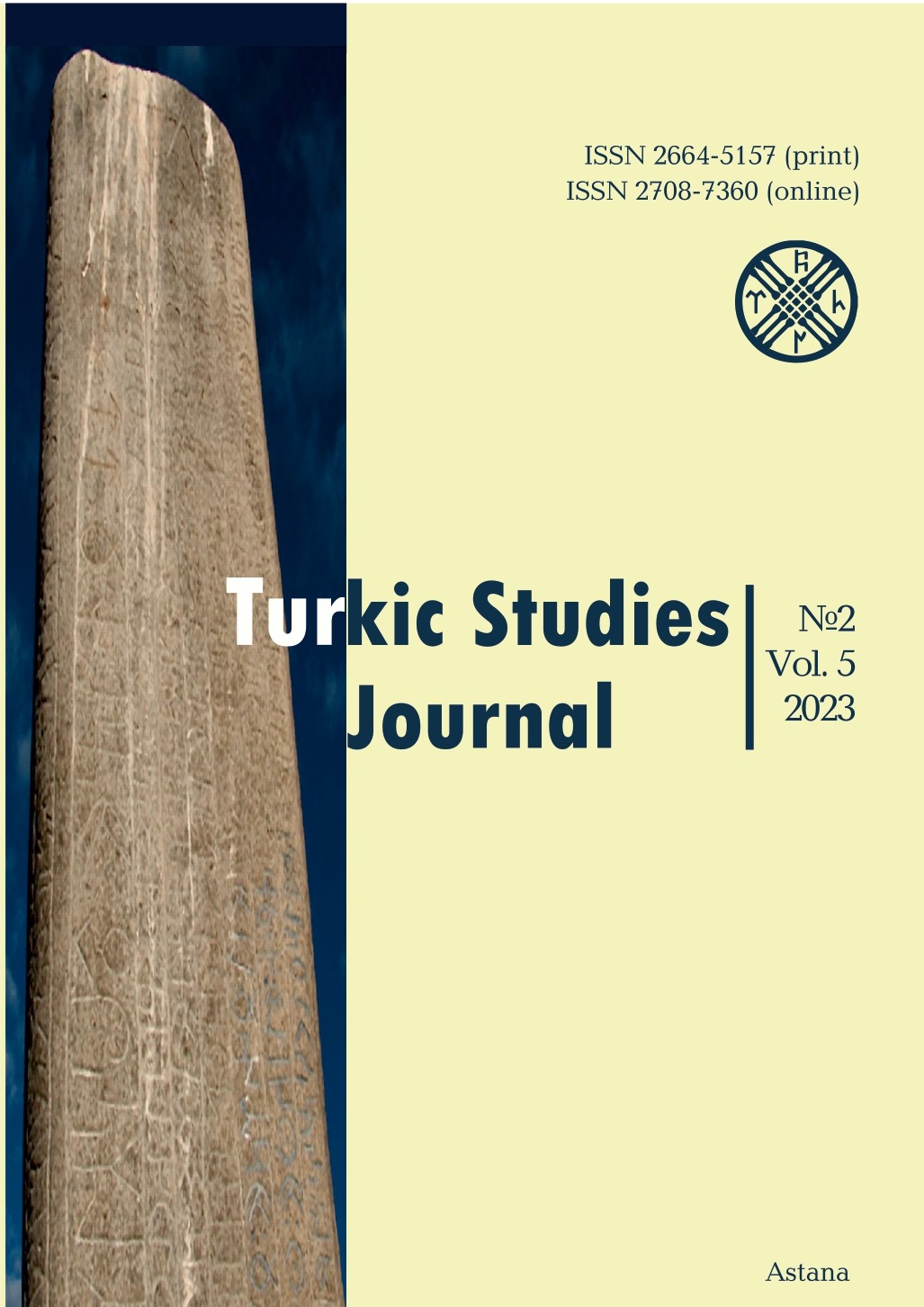
Downloads
Published
How to Cite
Issue
Section
License
Copyright (c) 2023 Turkic Studies Journal

This work is licensed under a Creative Commons Attribution-NonCommercial 4.0 International License.






